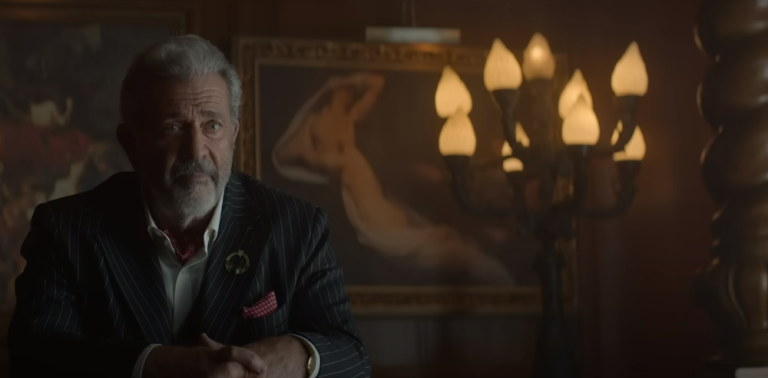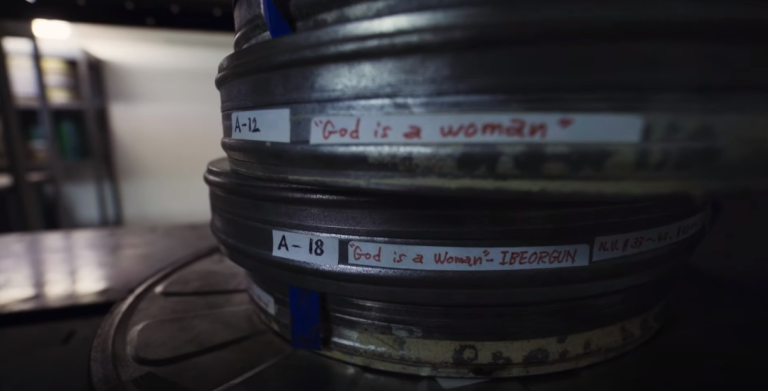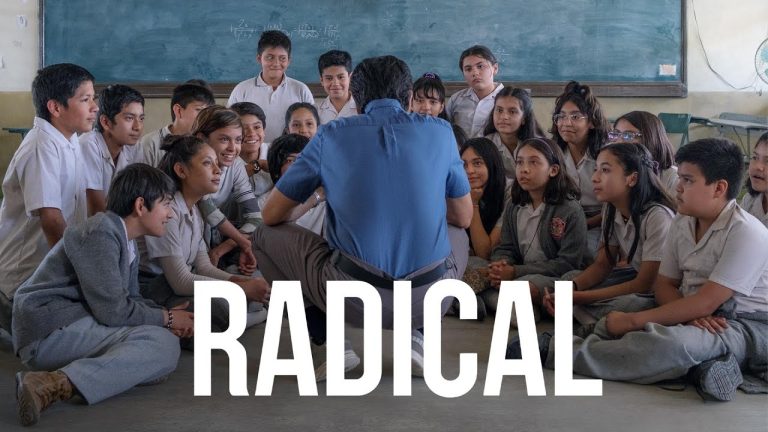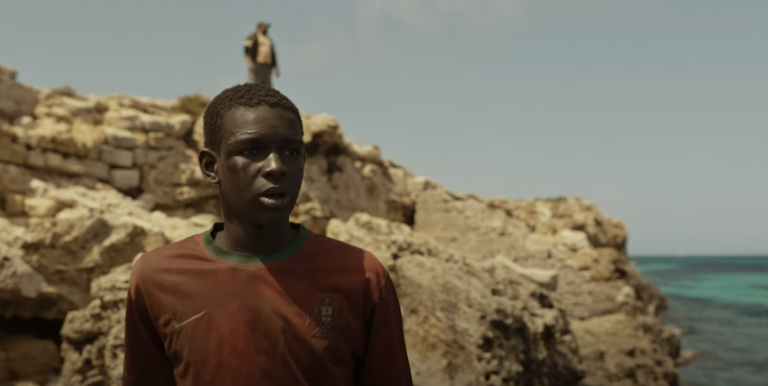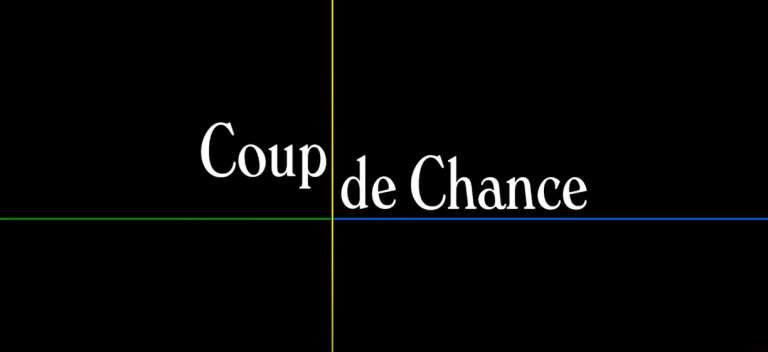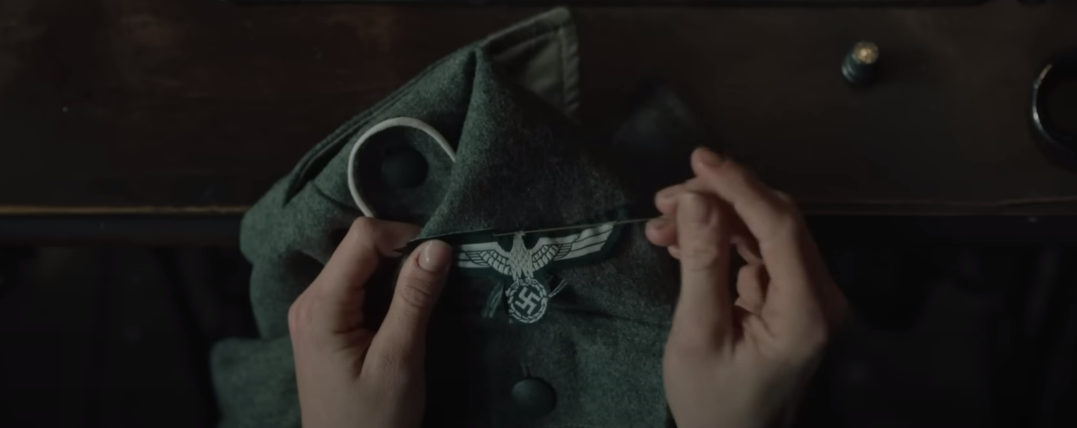
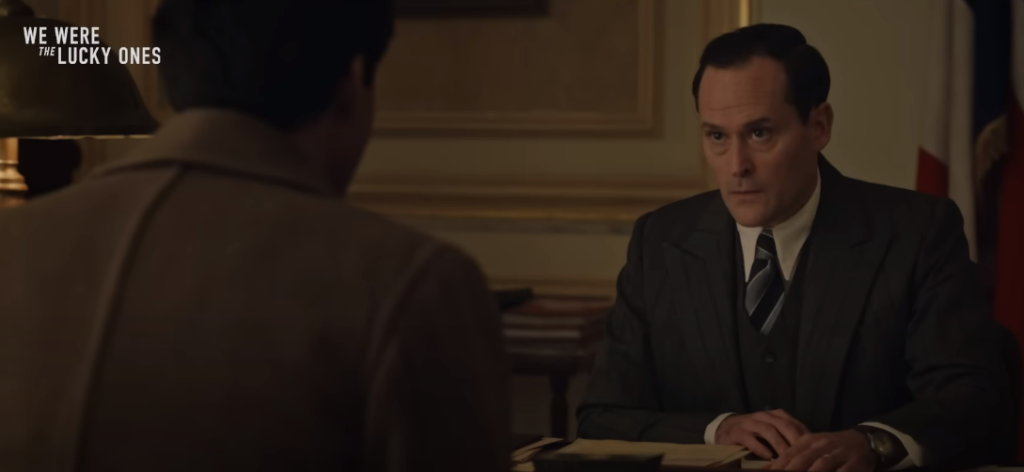
Adapted from Georgia Hunter’s novel, “We Were the Lucky Ones” on Hulu presents a compelling narrative of resilience and familial bonds amidst the tumultuous backdrop of pre-World War II Poland. Through the lens of the Polish-Jewish Kurc family, the miniseries navigates a decade of trials and tribulations from 1937 to 1947, showcasing their unwavering determination in the face of overwhelming adversity.
Spanning eight episodes under the stewardship of showrunner Erica Lipez (“The Morning Show”), the series boasts a diverse ensemble cast. However, it is the sibling duo of Halina (portrayed by Joey King) and Addy (played by Logan Lerman) who serve as the focal point. Once prosperous with a thriving shop in Radom, Poland, the Kurc family finds themselves grappling with the ominous rise of Nazism as tensions escalate and their once affluent clientele dwindles, prompting contemplation of emigration to Palestine.
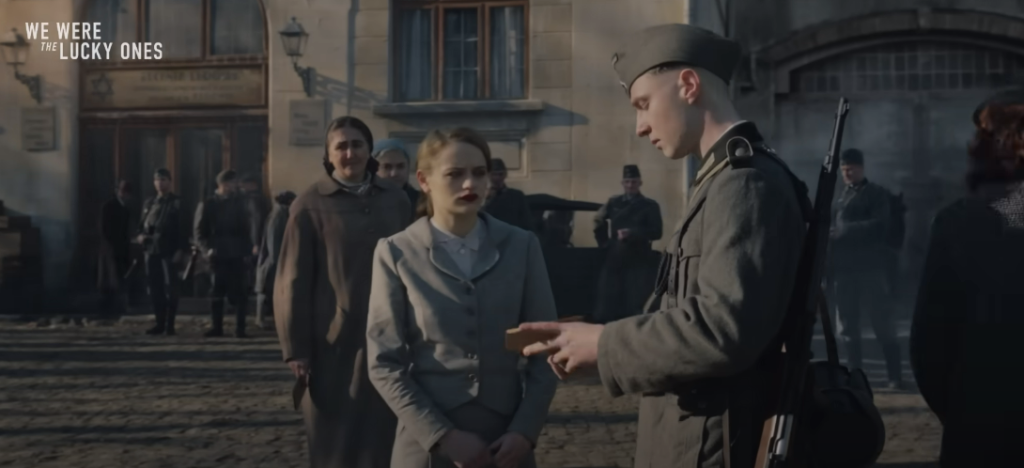
Despite an initial semblance of hope during Passover, the Kurc family encounters a series of gradual yet profound developments that shape their trajectory. As Addy returns from Paris and Mila anticipates the arrival of her daughter Felicia, other family members such as Jakob and Genek embark on new relationships. Halina, however, confronts the dilemma of choosing between settling down with Adam or pursuing adventure abroad, reflecting the internal conflicts within the family amidst external turmoil.
The miniseries unfolds with methodical pacing, mirroring the family’s cautious optimism as they navigate escalating events. As danger looms ever closer, some members manage to flee Poland while others, like Genek and Herta, find themselves ensnared in the grip of conflict. While Radom becomes increasingly restrictive under German occupation, fleeting moments of respite are found in Soviet-occupied territories. By the midpoint, the Kurc family, akin to the broader Jewish diaspora, finds themselves scattered across the globe, experiencing the far-reaching impacts of war and persecution.
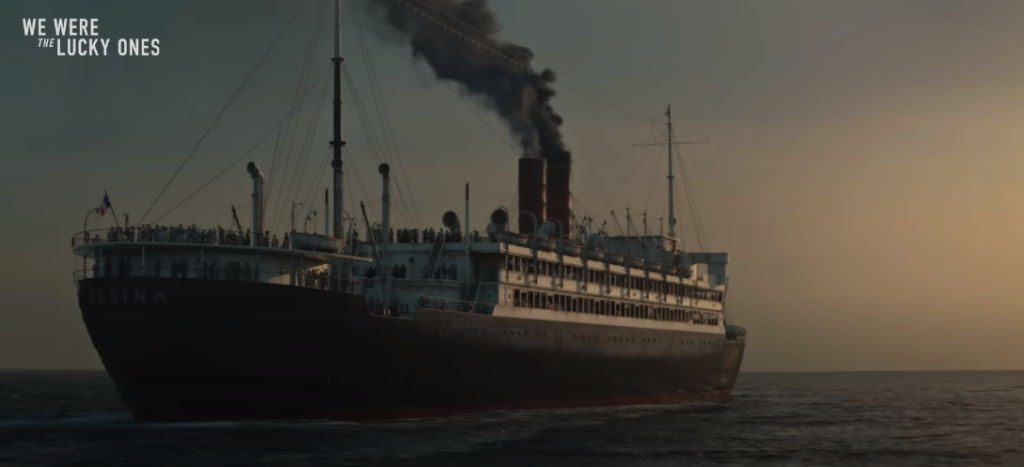
Drawing parallels to Barry Jenkins’ “The Underground Railroad,” the series underscores the universal threat of violence and persecution faced by the Kurc family, regardless of their location. Despite their efforts to escape, they find no sanctuary, resonating with the struggles of countless Jewish families during this turbulent period. Their perseverance becomes a testament to the resilience of the human spirit as they strive to honor the memory of those who perished.
While the script occasionally succumbs to exposition, the skillful direction by Amit Gupta, Neasa Hardiman, and Thomas Kail ensures viewer engagement. Detailed period settings and meticulous costumes lend authenticity to the historical drama, although the dimly lit cinematography occasionally obscures visual clarity. Nonetheless, the palpable tension persists throughout, exemplified in nerve-wracking scenes such as Mila’s desperate attempt to guide her daughter toward survival amidst imminent danger.
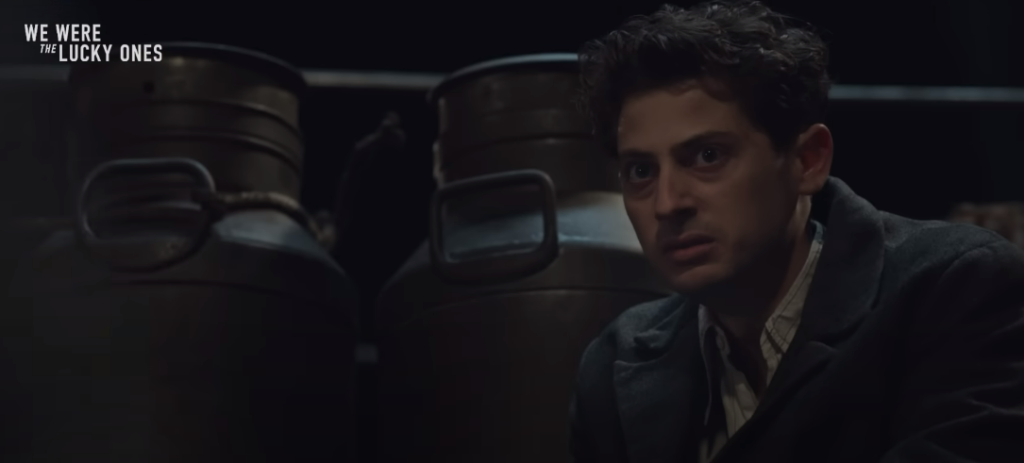
Standout performances from Joey King, Hadas Yaron, and Henry Lloyd-Hughes breathe life into their respective characters, capturing the nuances of their emotional journeys. Despite the series’ unrelenting tragedies, it culminates in a bittersweet yet hopeful conclusion, underscoring the indelible scars of loss while celebrating the resilience of the human spirit. “We Were the Lucky Ones” offers a poignant exploration of displacement, upheaval, and dehumanization, delivering a powerful and haunting narrative of survival against all odds.
| Aspect | Description |
|---|---|
| Title | “We Were the Lucky Ones” |
| Source Material | Adapted from Georgia Hunter’s novel |
| Platform | Hulu |
| Genre | Historical drama |
| Time Period | Pre-World War II Poland (1937-1947) |
| Showrunner | Erica Lipez (“The Morning Show”) |
| Main Characters | Halina (Joey King), Addy (Logan Lerman), Mila (Hadas Yaron), Jakob, Genek (Henry Lloyd-Hughes) |
| Plot | Follows the Polish-Jewish Kurc family through a decade of challenges amidst rising Nazism, spanning eight episodes |
| Themes | Resilience, familial bonds, displacement, survival |
| Direction | Led by Amit Gupta, Neasa Hardiman, and Thomas Kail |
| Cinematography | Detailed period settings, meticulous costumes, occasionally dimly lit photography |
| Performances | Standout performances from Joey King, Hadas Yaron, and Henry Lloyd-Hughes |
| Tone | Palpable tension, bittersweet yet hopeful conclusion |
| Reception | Praised for authenticity, engagement, and exploration of universal themes amidst historical backdrop |

